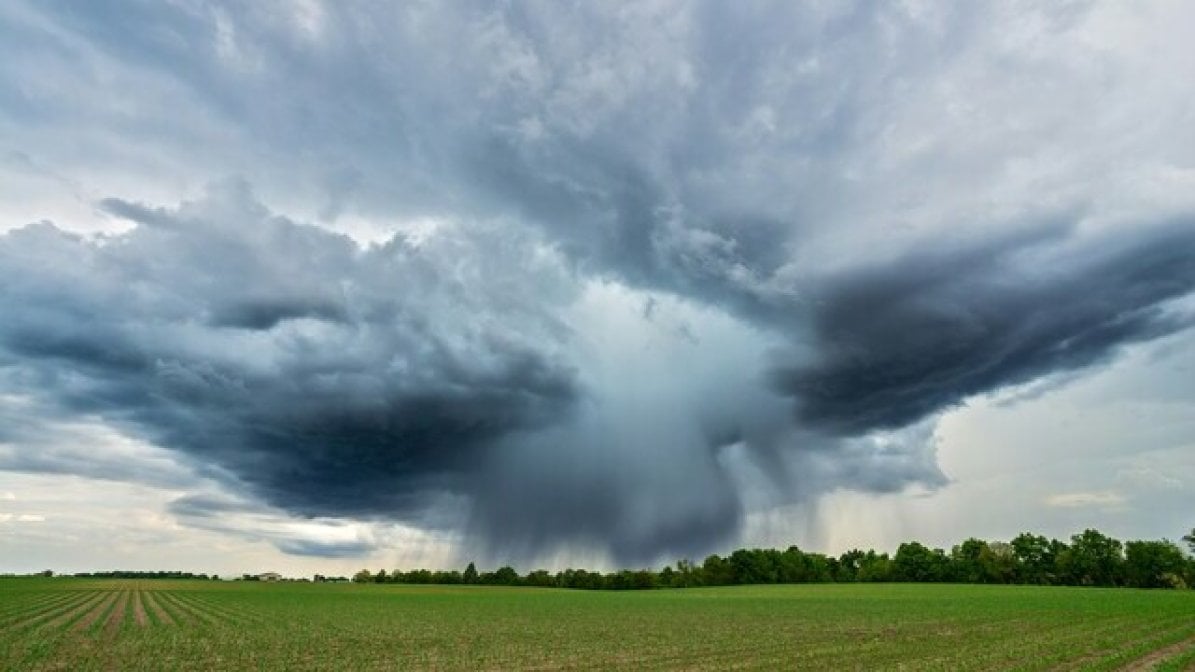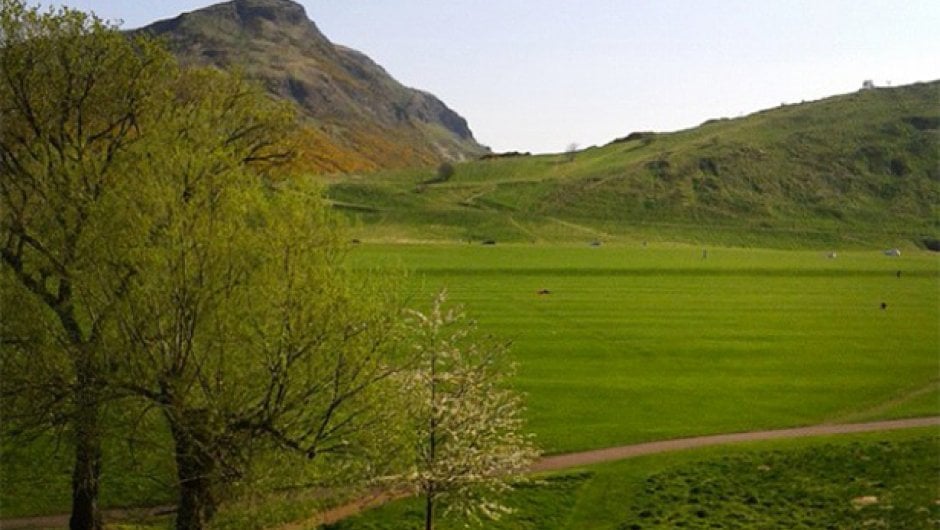Whether you want to help prevent climate change and natural disasters, or improve quality of life and overpopulation, a geography degree will equip you to make a difference.
There are two elements to geography, which you can combine:
- physical geography focuses on the earth and its natural elements
- human geography studies how people interact with the world
You could work in a variety of different fields, from digital technologies, mapping and statistics, to ecology, sustainability, and tourism. But you’ll also have transferable skills that could see you work in teaching, finance, or planning. Geography has one of the highest employability rates of all undergraduate degrees.
The impact you could make
- Work in international development to tackle societal and environmental issues..
- Play your part in the UK’s Net Zero goals as an environmental manager or consultant.
- Oversee the geographical information systems that help us manage road traffic, access to healthcare, and flood defences.
What you could study
- Environmental change
- Health, space, and justice
- Contemporary human geography
- Geographic information systems (GIS)
- Wilderness and habitats
- Natural resource management
- Water science and management
- Sustainable development: Nature and city
- Globalisation and regional development
- Statistics
84% of students
Studying geography at University of Plymouth
Gain the skills you need to tackle the global challenges facing the planet and humanity. Find out more about Geography at Plymouth.
Example module
Example assignment
Subjects it's useful to have studied first
Some geography courses or apprenticeships will have requirements for previous qualifications in certain subjects. Entry requirements vary, so always check with the provider.
Geography
Science
Politics
Sociology
Hard skills you'll develop
- Environmental science
- Project management
- Geology
- Risk analysis
Soft skills you'll develop
- Management
- Communication
- Planning
- Report writing
Careers: Where it can take you
Find out more about your career prospects from studying geography. The following information is based on a typical environment professional role.
Available jobs
Average salary
Career options
Planning
Town planner
Environmental conservation
Tourism and aid
Teaching and other
Some of the topics we study are really interesting and nothing like geography at A level.

What is a... climatologist?
You may never have heard of a climatologist, but they study weather patterns over a long period of time – analysing and presenting data on past patterns and future weather predictions. The information they produce can be used to better understand issues like climate change and natural disasters. You might get to work in some far-flung places too, like the North Pole, or Chilean desert!
Find your ideal career
Take our careers quiz to find your ideal job matched to your personality type.Getting in: Entry requirements
Find out more about what you'll need to study geography at university or as an apprenticeship.
Average requirements for undergraduate degrees
Entry requirements differ between university and course, but this should give you a guide to what is usually expected from geography applicants.
A levels
Scottish Highers
Vocational
Geographers are driving positive change by tackling global challenges and applying their knowledge, techniques and skills to a range of contexts, across many sectors. As a geographer you might be assessing and advising on geopolitical risk and international relations, biodiversity loss, extreme weather, local environment and planning, or helping to make buildings, transport or food more sustainable. If you care about people and our planet and want to understand your place in the world better, then geography is the home for you.

Agriculture, environmental, and animal care apprenticeships
Check out our industry guide to help you decide if an apprenticeship might be the right choice for you.Other subjects you may be interested in
Considering an apprenticeship?
Applying for an apprenticeship is just like applying for a normal job. Here’s what you need to know:-
1
Deadline
Apprenticeships don't follow the same deadlines as applying to uni, the deadline is down to the employer. -
2
Where to apply
You apply directly through the employer. -
3
No limits
You're not restricted to one apprenticeship application; you can do as many as you like. -
4
Apply to university and apprenticeships
There's nothing stopping you applying to university through UCAS, while also applying for apprenticeship vacancies. -
5
Find out more

Apprenticeship vacancies
Check out live apprenticeships.Explore further
Go deeper into topics around geography with the following:
-
1
Royal Geographical Society
Take a look at the Royal Geographical Society’s website to find out more about what geography is, why you should study it, what careers you could do, and other resources you can use. -
2
Where on Earth will people live in the future?
This TED talk focuses on human geography and future habitation. There are other TED talks around climate change, sustainability, and cartography – an easy way to swot up on geography issues! -
3
Kiss the Ground
Watch this Netflix film for an insight into one aspect of climate change – how agriculture and other practices impact our soil, and potential solutions. -
4
Geological Society
Find out about potential work placements via the Geological Society’s website.
Application advice
Whether it's personal statement tips or what to write in a cover letter for an apprenticeship application, our advice will help you get ahead in your geography journey.Skills, experiences, and interests to mention
- Talk about what attracted you to geography, and if there’s a particular area of the subject you’re interested in, such as human geography. Make sure your preferences link in to the course you’re applying to.
- Can you give examples of any of the technical or transferable skills that are associated with studying geography? Maybe during your A levels you’ve found you’re good at problem solving, data analysis, or computing.
- Teamwork will also be important, so mention when you’ve worked well with others, whether in a part-time job, sport, or hobby.
- Have you got any relevant experience, maybe volunteering for the National Trust or the Environment Agency? Or could you get a summer placement with an energy company or government department?
- Show you can also manage your own time well. Have you balanced a part-time job or caring responsibilities with school work? Or maybe you compete in a sport at a high level, that requires a balance between home and school life.


